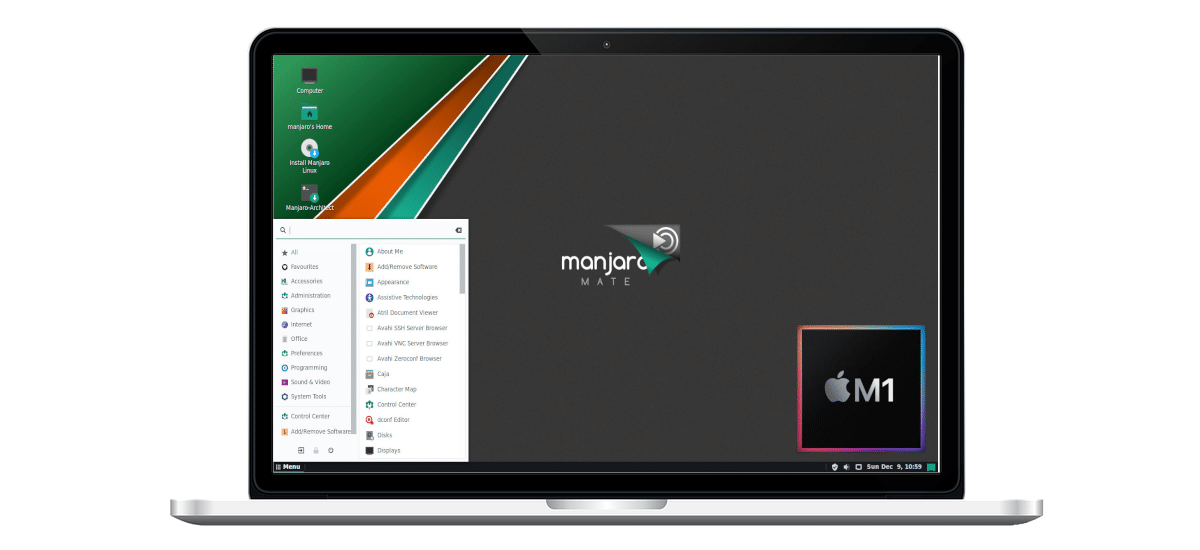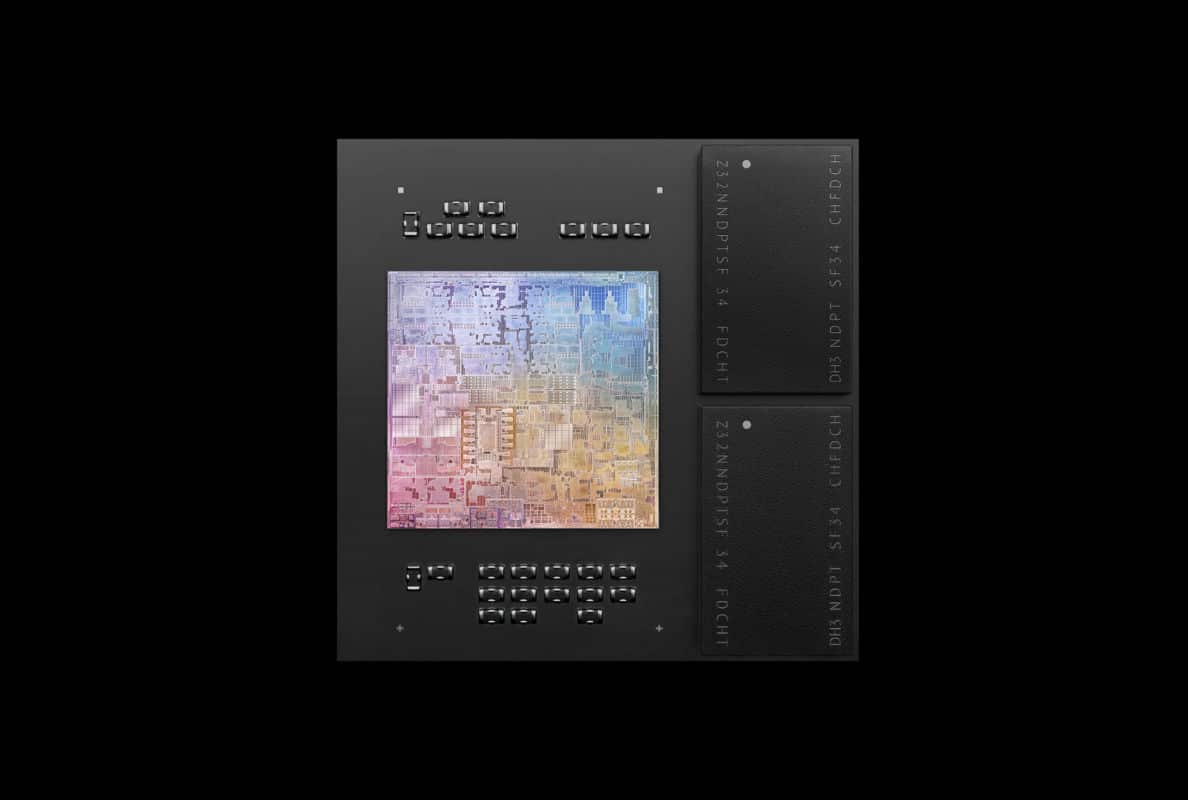
Linus Torvalds has already hinted that he would love to work in ARM-based teams, and that he would love for the new Apple Silicon, the M1, Linux is supported. But he also made it clear that he didn't have the ability to get companies involved to support the Linux kernel on this platform.
Now, it seems the same Developer that brought Linux support to the Sony PlayStation 4 (PS4) game console, it has also been set the goal of bringing Linux to Apple Silicon. On the other hand, we still do not have to claim victory, it is a hard road, so we will have to be cautious and see how all this ends ...
However, it is good to know that from the software side there are already efforts that will begin to bear fruit to adapt several systems that now work with x86 to this new Apple Silicon ARM-based platform, such as the M1. And not only Linux has been left out with this change, also Microsoft Windows 10, or such well-known projects as Docker. In fact, the latter doesn't even work with Rosetta because it relies on Intel's virtualization extensions.
The developer I'm talking about has already demonstrated his prowess by porting Linux to PS4, but that's one thing, and the rest for the Apple M1 (and its entire ecosystem) is another. It will require long hours of work, many problems to solve, and large doses of reverse engineering. That is, it will not be something overnight, and perhaps when it is achieved there will be progress in the field of hardware towards new versions ...

For now, this developer, called Hector Martin, has created a financing campaign on the Patreon platform in order to find the necessary financial support. He himself has commented «Apple just released a new range of ARM-based Apple Silicon Macs and they blow up every other ARM machine in the same class. Wouldn't it be nice if they could run Linux too?«.
«Turns out they can, but someone has to do the work. Since these devices are brand new and custom made, porting Linux to work on them is a huge task. Beyond a hobby project, it is a full-time job«. As he says, it is one thing to port Linux to work on a different x86 device, such as the PS4, or to work on an ARM SoC with IP cores, and another is to do it to a custom designed chip using the ISA ARM, as is the case with Apple Silicon.
Either way, the goal is to achieve the $ 4000 per month, which Martin has calculated would be enough to fund his full-time endeavor to accomplish this colossal and arduous job.
Linus Torvalds Already said "The main problem with the M1 for me is the GPU and other devices that surround it, because that is likely to prevent me from using it because it would not have Linux support unless Apple opens.«.
Hector seems more optimistic, even if Apple doesn't cooperate: "Running Linux on things is easy, but getting it to work well is difficult. Drivers must be written for all devices. Fully custom Apple GPU driver is more complicated component. ".
We will have to see how this whole project turns out, and if it is achieved one day, if it could serve as a basis for adapting Linux to future versions Apple Silicon faster.
Collaborate in the campaign here